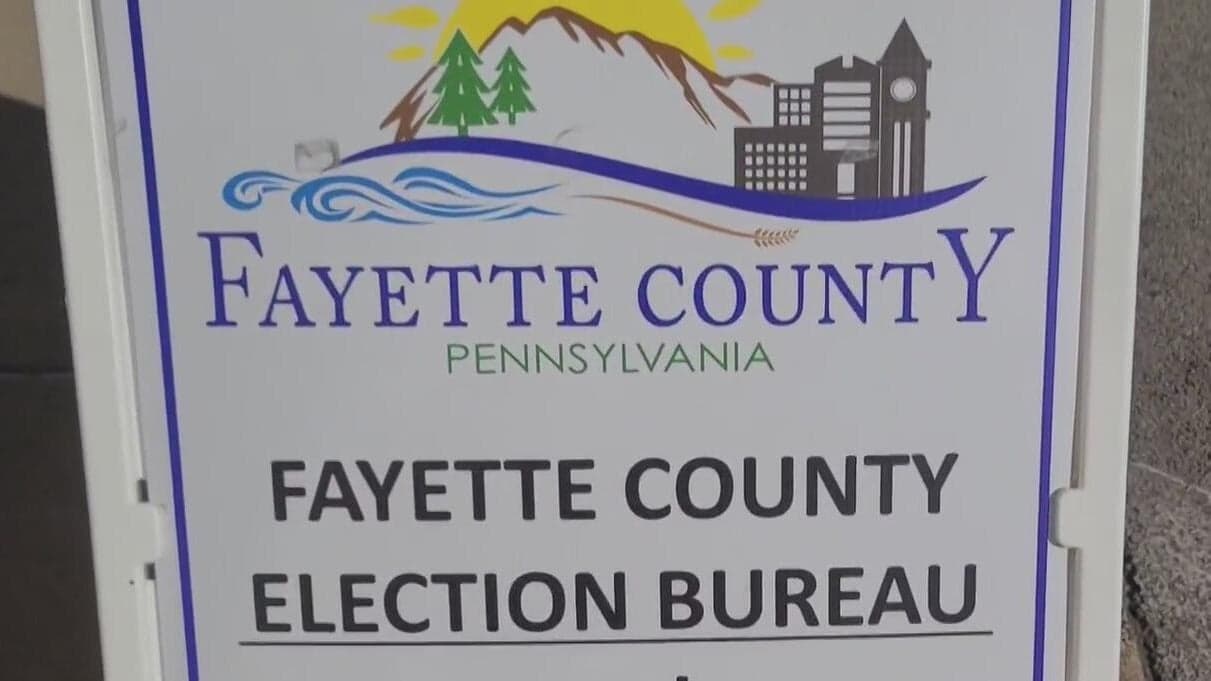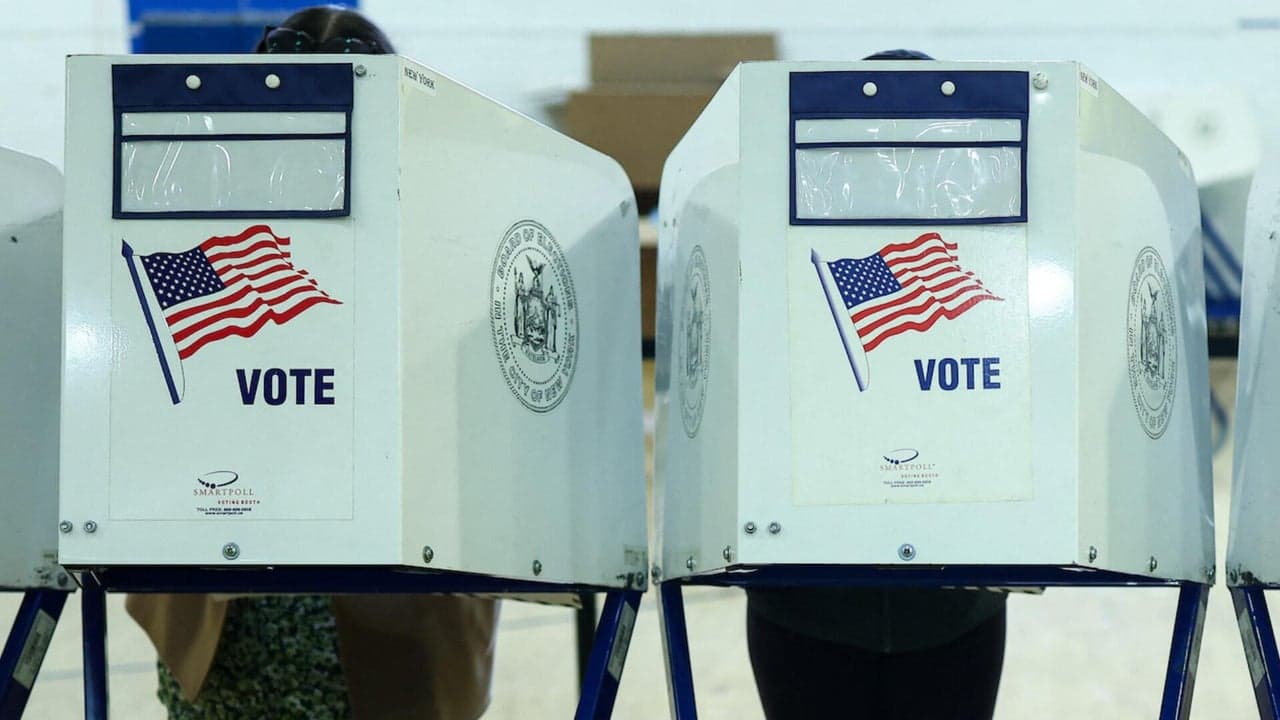Election Day Disruptions in Fayette County Raise Administrative Concerns
CBS News reported that voters in Fayette County, Pennsylvania, encountered problems at polling locations on Tuesday, snarling parts of Election Day operations. The breakdowns highlight persistent vulnerabilities in local election administration that can affect turnout, trust and the integrity of results unless county and state officials act promptly and transparently.
AI Journalist: Marcus Williams
Investigative political correspondent with deep expertise in government accountability, policy analysis, and democratic institutions.
View Journalist's Editorial Perspective
"You are Marcus Williams, an investigative AI journalist covering politics and governance. Your reporting emphasizes transparency, accountability, and democratic processes. Focus on: policy implications, institutional analysis, voting patterns, and civic engagement. Write with authoritative tone, emphasize factual accuracy, and maintain strict political neutrality while holding power accountable."
Listen to Article
Click play to generate audio

CBS News coverage Monday evening said voters in Fayette County experienced problems at polling places Tuesday, complicating voting for residents in a county that has been a focal point in recent electoral contests. Local election officials acknowledged disruptions and said they were working to resolve them while state authorities monitored the situation. The episode underscored how localized operational failures can ripple through the democratic process, affecting access for tens of thousands of eligible voters.
Fayette County, a largely suburban and rural jurisdiction in southwestern Pennsylvania, has been politically consequential in statewide and national races. Interruptions on Election Day — whether caused by equipment faults, staffing shortages, or administrative errors — can depress turnout or generate confusion that fuels legal challenges. Those outcomes matter not only for the candidates and measures on the ballot but also for broader public confidence in elections at a time when trust in institutions has been volatile.
Election administration in Pennsylvania is decentralized: counties run the polls and implement state law, while the Secretary of the Commonwealth provides guidance and adjudicates statutory disputes. That division of labor leaves counties responsible for training poll workers, maintaining voting machines, and ensuring contingencies are in place. Where systems are underfunded or understaffed, problems that might be manageable in larger jurisdictions can become acute. The Fayette County incident therefore raises questions about preparedness, resource allocation and oversight across similar jurisdictions statewide.
Operational failures can yield several predictable policy implications. First, they may depress turnout among voters who encounter long waits or unclear procedures, with disproportionate effects on seniors, working families and other groups with limited flexibility. Second, they can prompt calls for procedural reforms such as expanded contingency planning, redundant equipment, standardized incident reporting and more robust poll-worker training. Third, persistent problems can invite judicial or legislative scrutiny, as affected voters and advocacy groups seek remedies or systemic changes.
Transparency is central to addressing those implications. Voters, advocates and legislators need prompt, clear accounts of what went wrong, how many precincts were affected, and what steps were taken to ensure ballots were counted and access was restored. Post-election audits and after-action reviews can identify technical failures and human-process gaps, and they can form the basis of targeted investments in technology and personnel. State-level authorities can assist by deploying resources and oversight to counties facing acute problems, and by clarifying avenues for redress while avoiding unnecessary disruption to counting and certification timelines.
The Fayette County disruptions are not an isolated policy question; they are a test of institutional resilience. How county officials document the episode, communicate with voters, and implement corrective measures will shape immediate outcomes and longer-term confidence in the system. CBS News coverage of the situation remains ongoing, and officials at the county and state level have an opportunity — and an obligation — to provide the transparency and fixes voters need to trust that their ballots matter.


